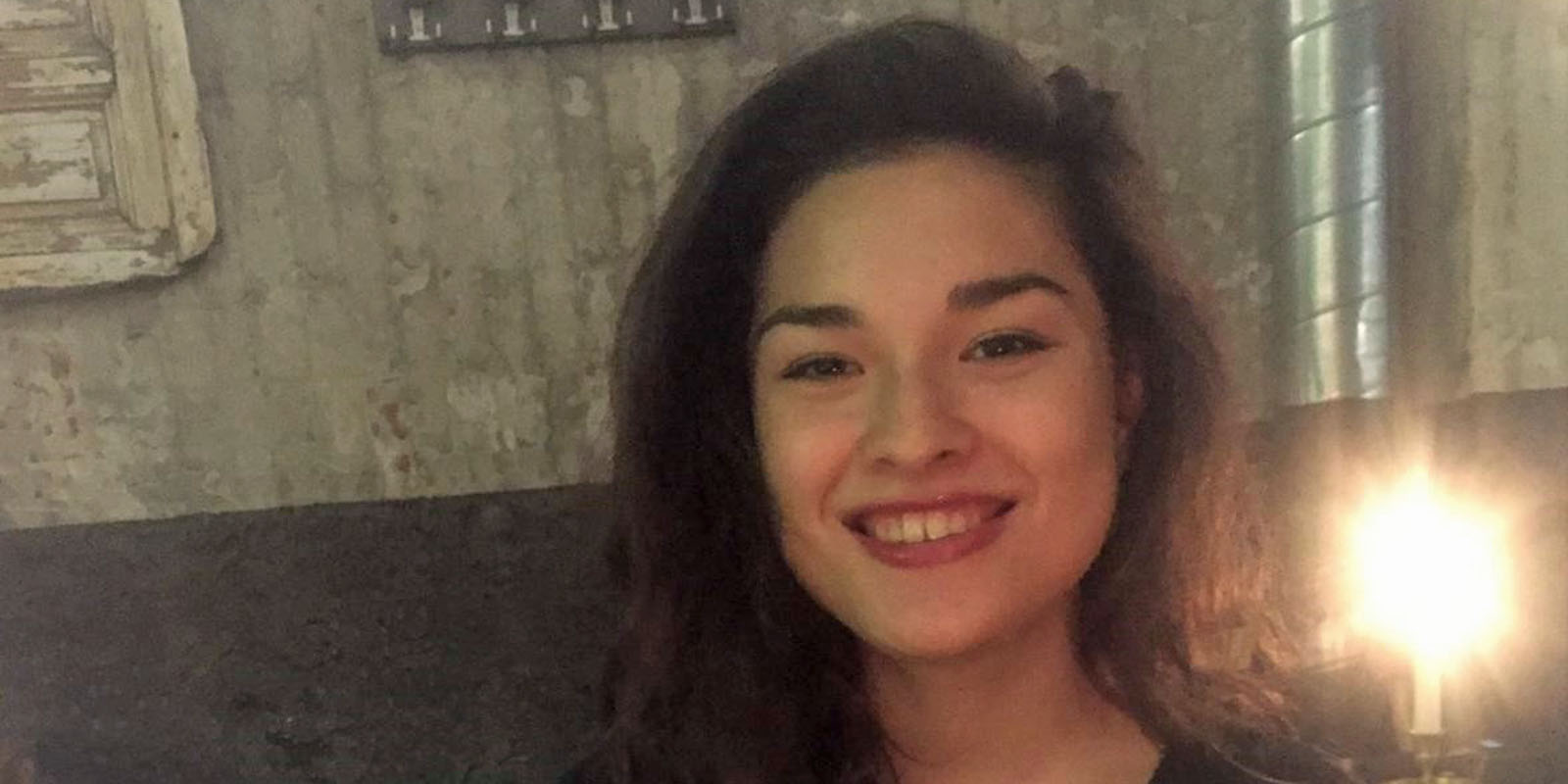
Milena Sagawa-Krasny, BSc International Relations third-year student, speaks about her experience participating in our alumni-funded Undergraduate Research Assistantship scheme, the skills she developed, and what she hopes to do after graduating this year.
Last year, you took part in our Undergraduate Research Assistantship, working on Professor Karen E Smith’s project ‘Emotions in EU Foreign Policy-Making’. What kind of work did you do during this project?
This role involved gathering and analysing tweets, EU press releases, speeches and articles in multiple languages. I would say it obviously strengthened my research skills, analytical skills, and like any part-time job alongside your degree, time management and organisation skills.
Was there anything you learned working on this project that surprised you?
I learnt how to apply the IR theories I have learnt in my studies to an actual academic research project, which was quite satisfying! In particular, we analysed the language that the EU used to talk about itself in relation to humanitarian crises, using the Rohingya crisis as a case study. It was quite interesting to see how much you can link the wording used in these press releases and speeches to IR concepts and theories, such as R2P, liberalism, moral imperialism and white saviour criticism.
Have you done any work experience since taking part in the assistantship?
I have gained voluntary and paid work experience at various organisations since then. Most recently, I worked as a language consultant (Portuguese/English) for the NGO Global Canopy, researching and translating corporate social responsibility policies of financial institutions and companies in forest-risk commodity supply chains for the Forest 500 report. Before that, I interned at the German NGO Facing Finance, which looks at the social and environmental impact of the financial sector, and advocates for ethical financial institutions.
Do you have any idea what you’d like to do after graduating?
I would be really interested in working in an international organisation or my home country’s foreign ministry. Naturally, this appeals to me because of the nature of my degree. The second factor is that I’d like to work in an environment similar to LSE in the sense that it attracts internationally minded, intelligent people. However, I’m open to trying different paths – I’d also be interested in teaching in a state school later down the line!
What do you think makes LSE’s Department of International Relations unique?
I wholeheartedly recommend the department to anyone who is interested in studying IR. It attracts interesting, intelligent, and ambitious young people from all over the world. IR is a very broad field, and the department offers so much variety that you can really tailor your degree to your interests: from international political economy and foreign policy analysis to postcolonial theory and international environmental politics, and so much more.
You also have the option to study a language alongside your degree. The language courses at LSE are great – they are very enjoyable and fun, but also with a steep learning curve that will improve your proficiency radically in a short time. You can also complement your degree with outside options from other LSE departments, whether your interests lie in philosophy, politics, social psychology, history, or elsewhere.
Last but not least, my impression is that the LSE IR Department really cares about its students and puts effort into building a small community and making us feel welcome, from putting on welcome events for first years, or organising events with interesting people, to regularly encouraging us to seek support if we need to.
Read more about the professional development opportunities the Department of International Relations offers to current students.
The Undergraduate Research Assistantships are funded by LSE alumni donations: if you’d like to donate to LSE, please find out more and make a donation.


